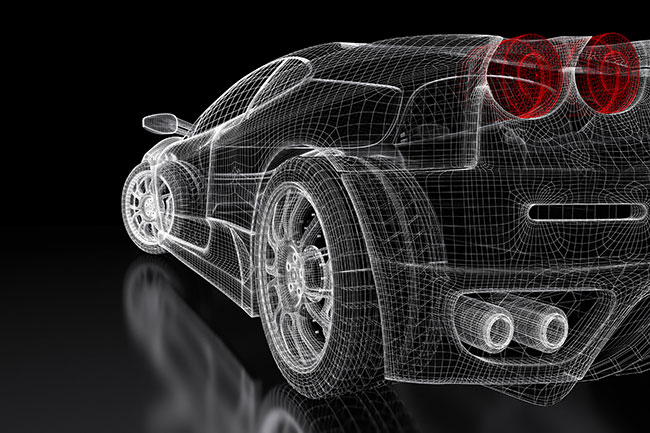Toyota and Panasonic launch car battery study

Toyota and Panasonic are to launch a study into a partnership to develop battery technology for electric cars.
The move by the Japanese carmaker and the world’s biggest supplier of automotive batteries signals a deeper push into the development of electric vehicles.
In a rare public appearance, Akio Toyoda, Toyota’s president, and Kazuhiro Tsuga, his counterpart at Panasonic, announced the companies would look at joining forces to speed up commercialisation of next-generation battery technologies.
The tie-up could give Toyota confidence over battery supply. The company aims to hit annual sales of 5.5m electrified vehicles, which include hybrid and fuel models, by 2030, comprising half its overall sales, said Mr Toyoda.
Toyota is generally seen as a latecomer in the pure EV market, where rivals such as Nissan, Tesla and Volkswagen have taken a lead, and has instead plumped for hybrid vehicles and hydrogen fuel cell technology.
If Toyota succeeds in commercialising solid-state batteries, which are expected to be safer, cheaper and offer more capacity than lithium-ion counterparts, then it would go a long way to help Panasonic retain its industry leading position. It is currently the main supplier of electric batteries to Tesla.
The move highlights the challenge manufacturers face in securing raw materials such as lithium and cobalt that are crucial in the production of EV batteries.
Volkswagen issued a tender in September for a minimum of five years supply of cobalt at a fixed price, but has yet to strike a deal with any mining company.
Mr Toyoda acknowledged that electrification was the key issue facing the car industry and that companies could not solve all their problems themselves.
“Japan does not have any resources and in order to survive in the era of a major change we need to develop competitive batteries so that we can provide stable supply of batteries,” he told a press conference in Tokyo on Wednesday. “No longer can we expect a future by adhering to our current path.”
Mr Tsuga said Panasonic needed to be able to make the world’s number one battery “in order to survive”, but added that “the definition of number one will change with the passage of time”.
The cylindrical lithium-ion batteries the company makes for Tesla were currently the world number one, said Mr Tsuga said. “But if you look at the future, where do we see growth? Or, which existing car manufacturer will play a major role in electrification and which type of battery will they require? Maybe that will be a different story.”
The feasibility study builds on collaboration in which Panasonic supplied the so-called prismatic rectangular batteries for Toyota’s petrol-electric and plug-in hybrid vehicles.
Toyota is also thought to be making inroads with solid-state battery technology, which it hopes to commercialise by the early 2020s.
Panasonic shares closed 1.2 per cent higher in Tokyo on Wednesday ahead of the announcement, while Toyota was up 0.6 per cent, versus a 0.2 per cent decline for the Topix benchmark.
[“Source-ft”]




